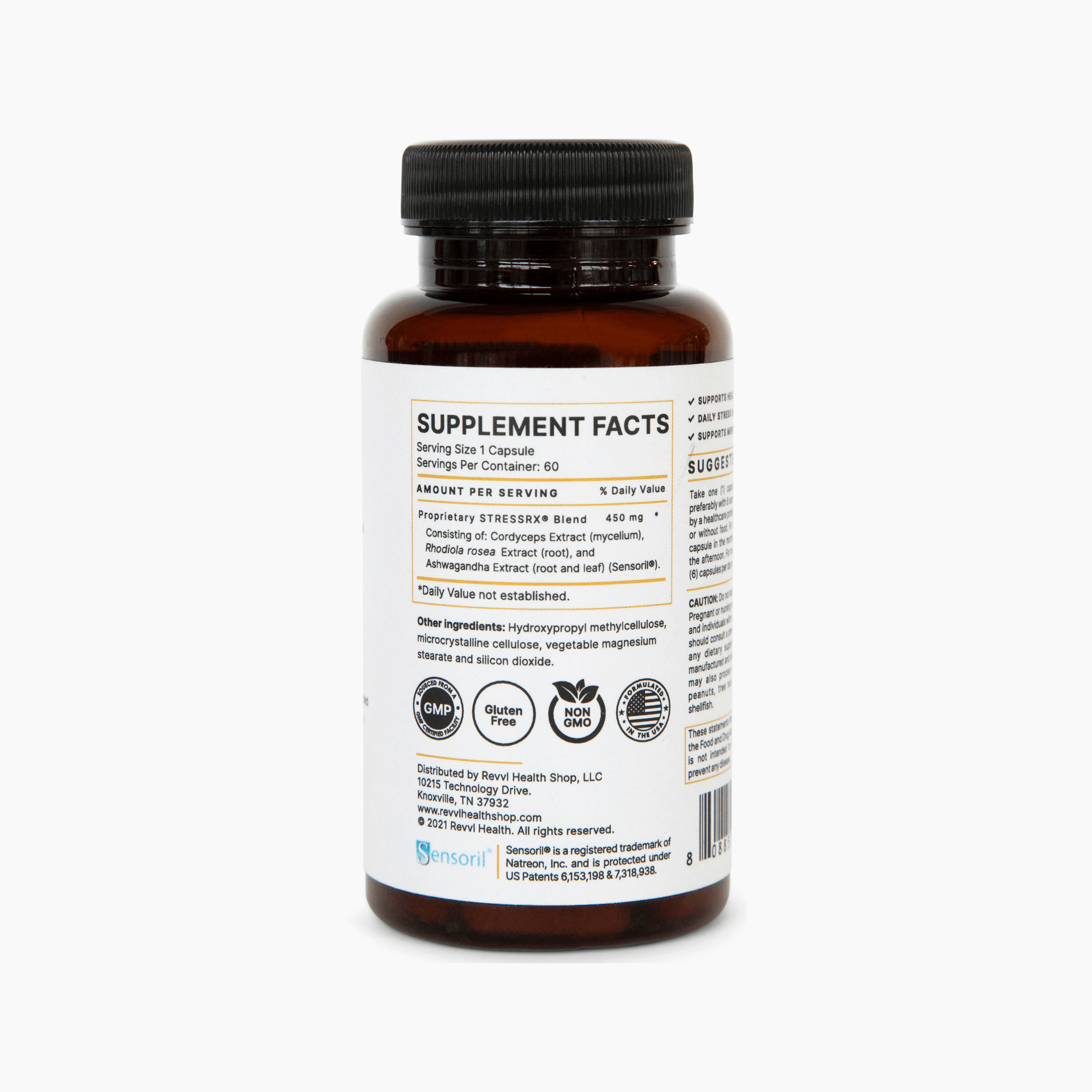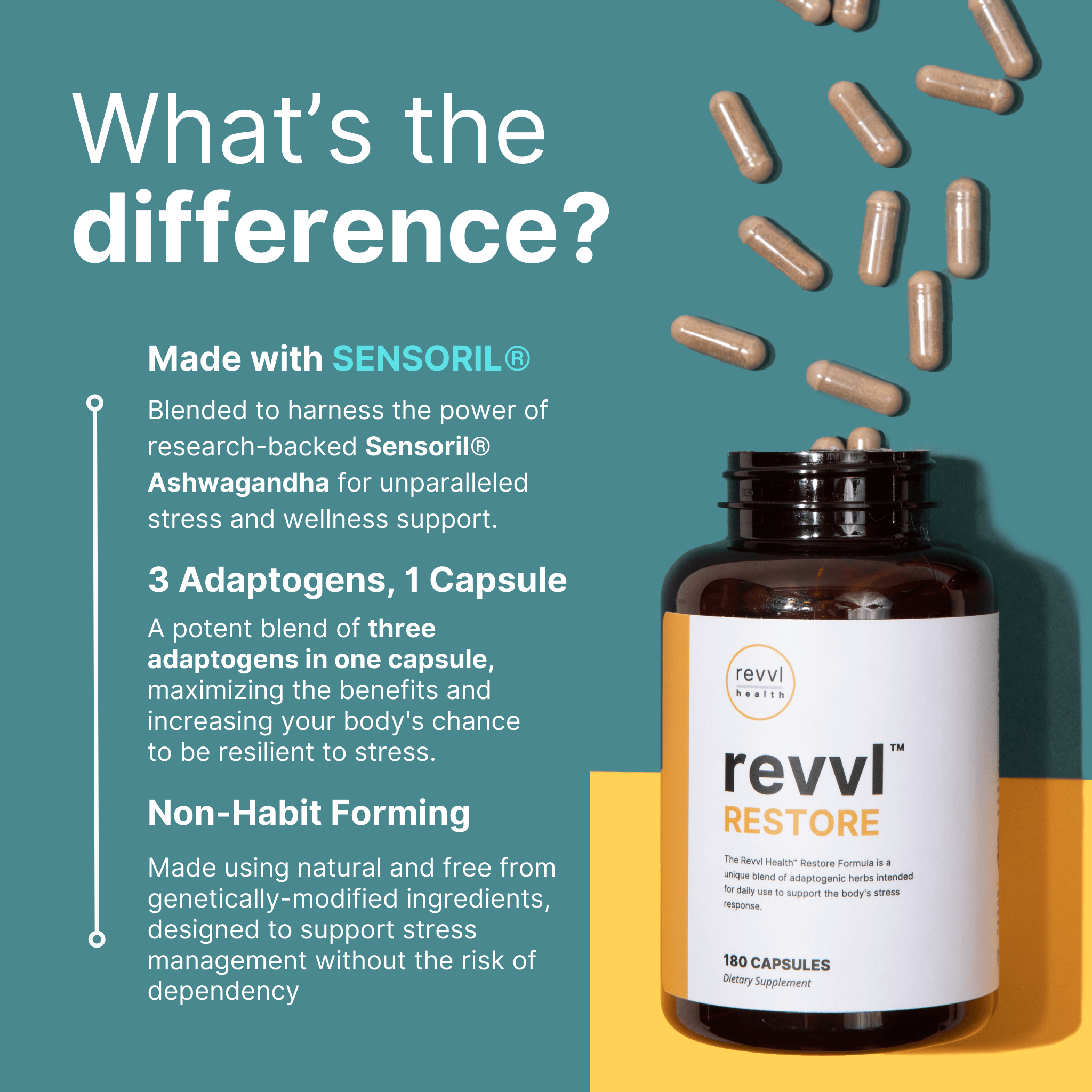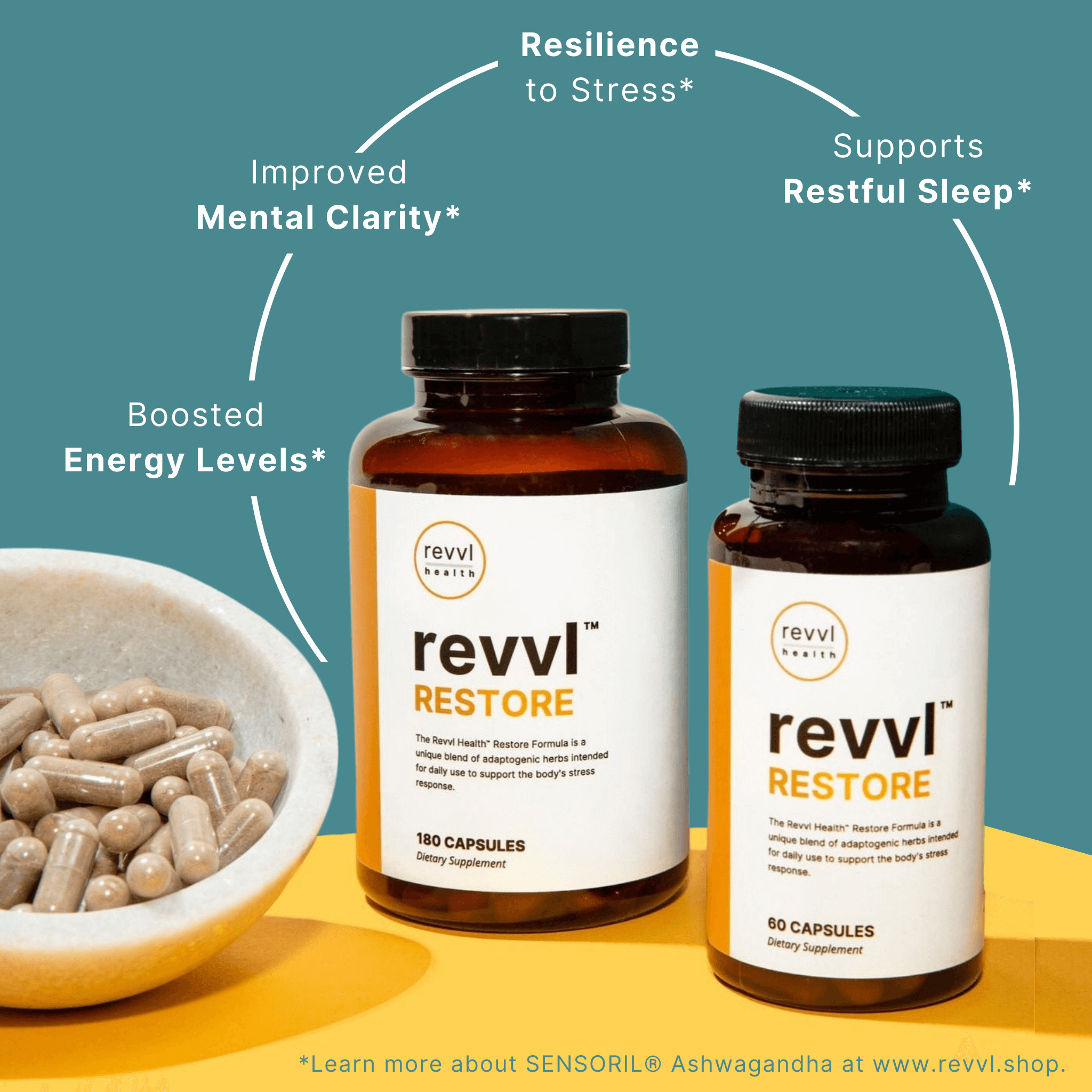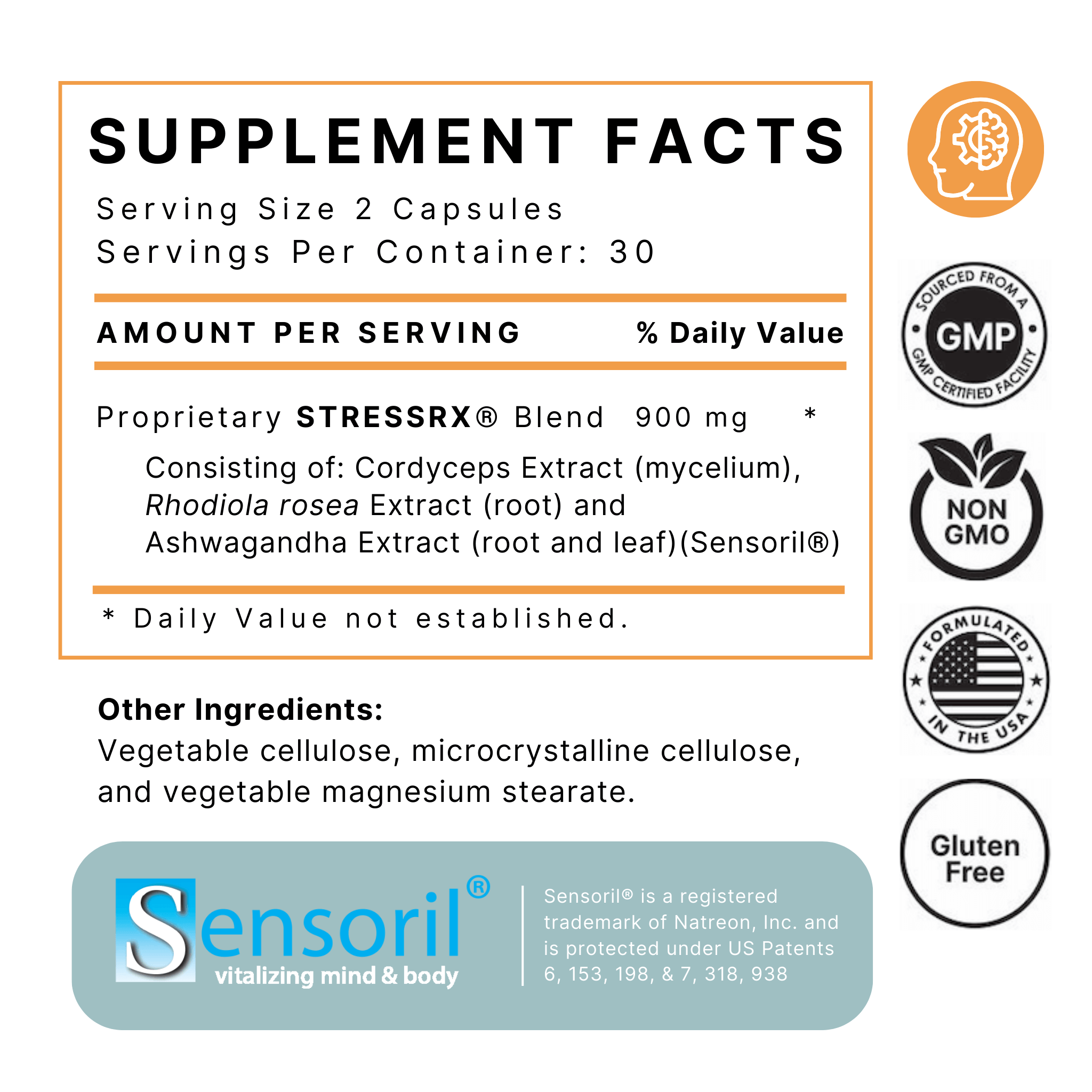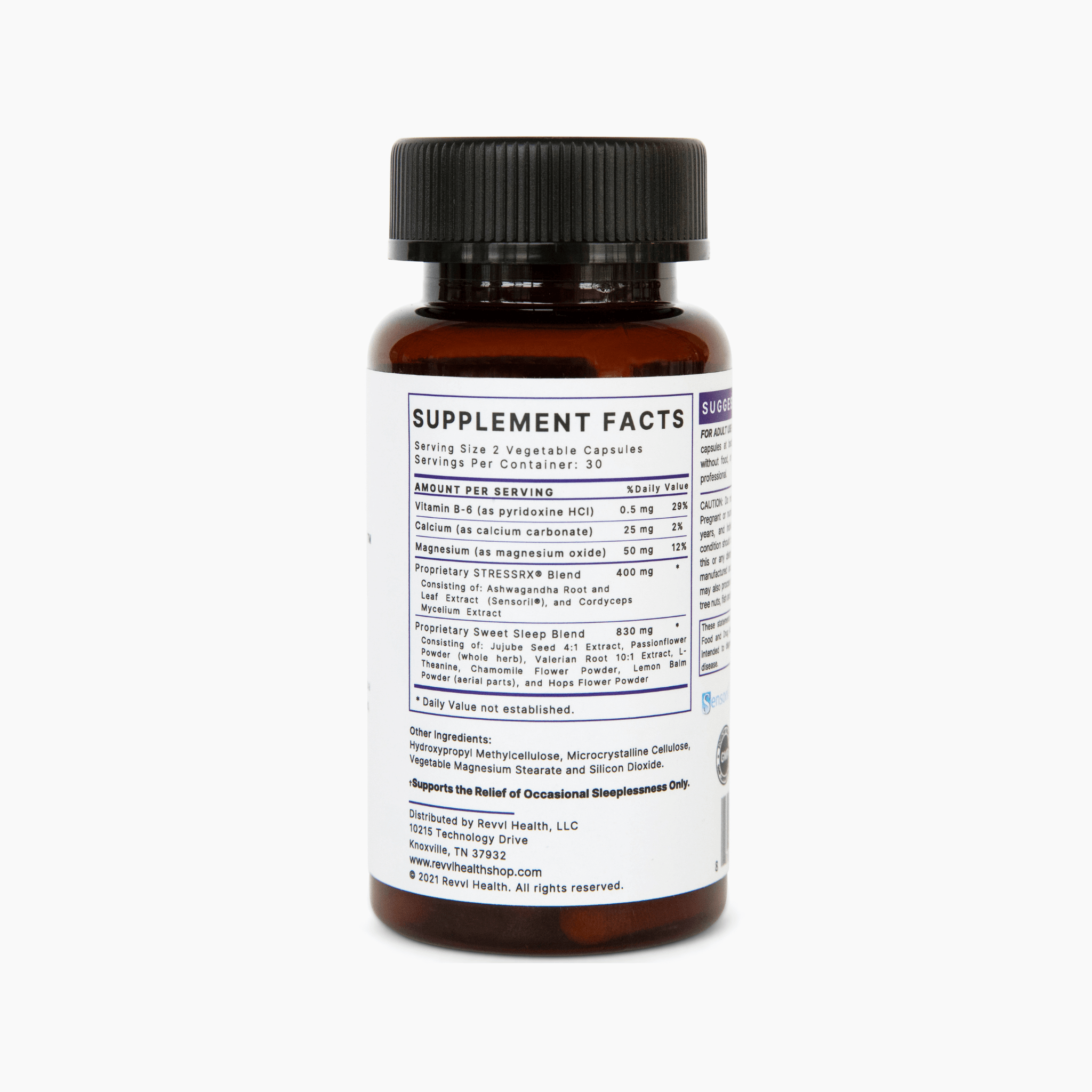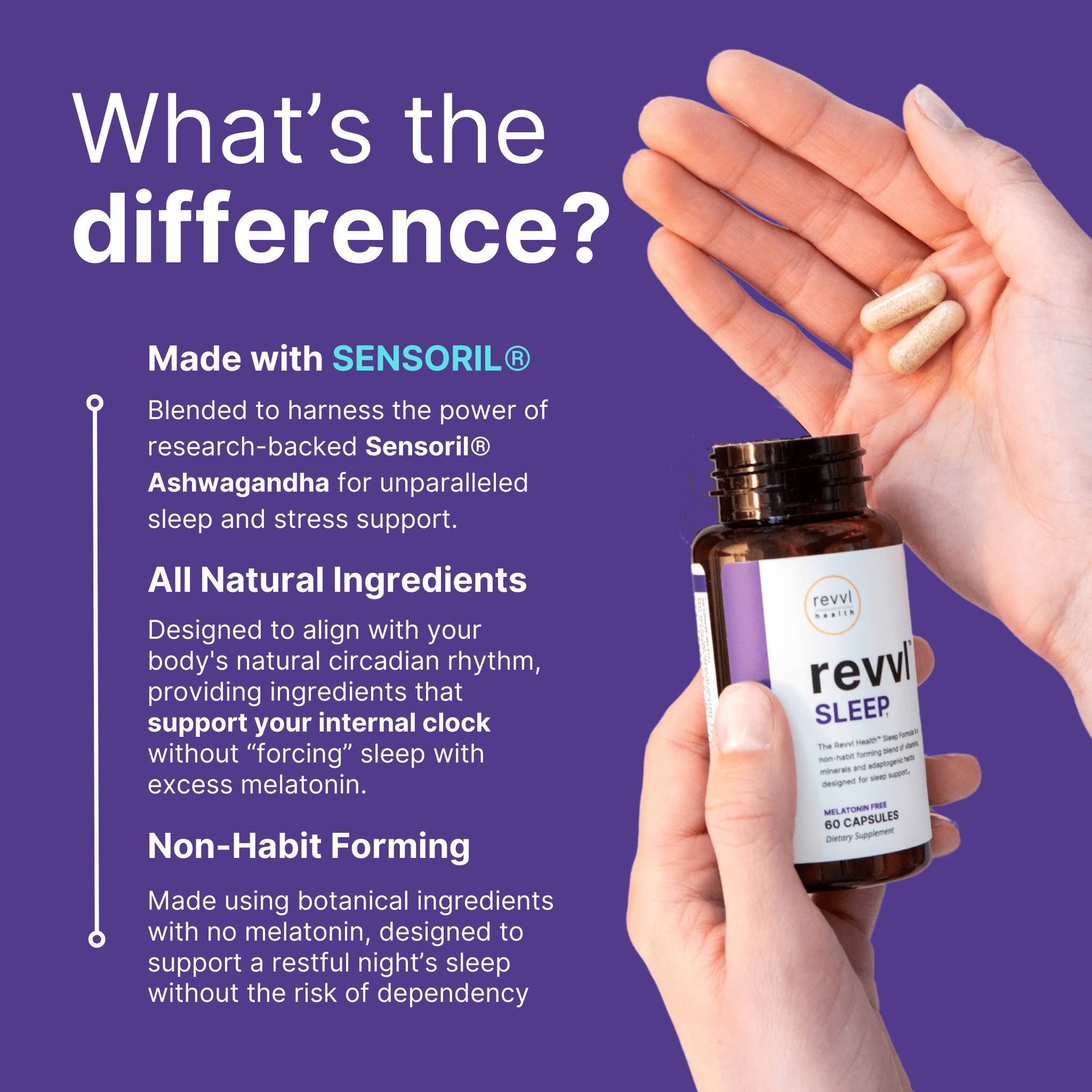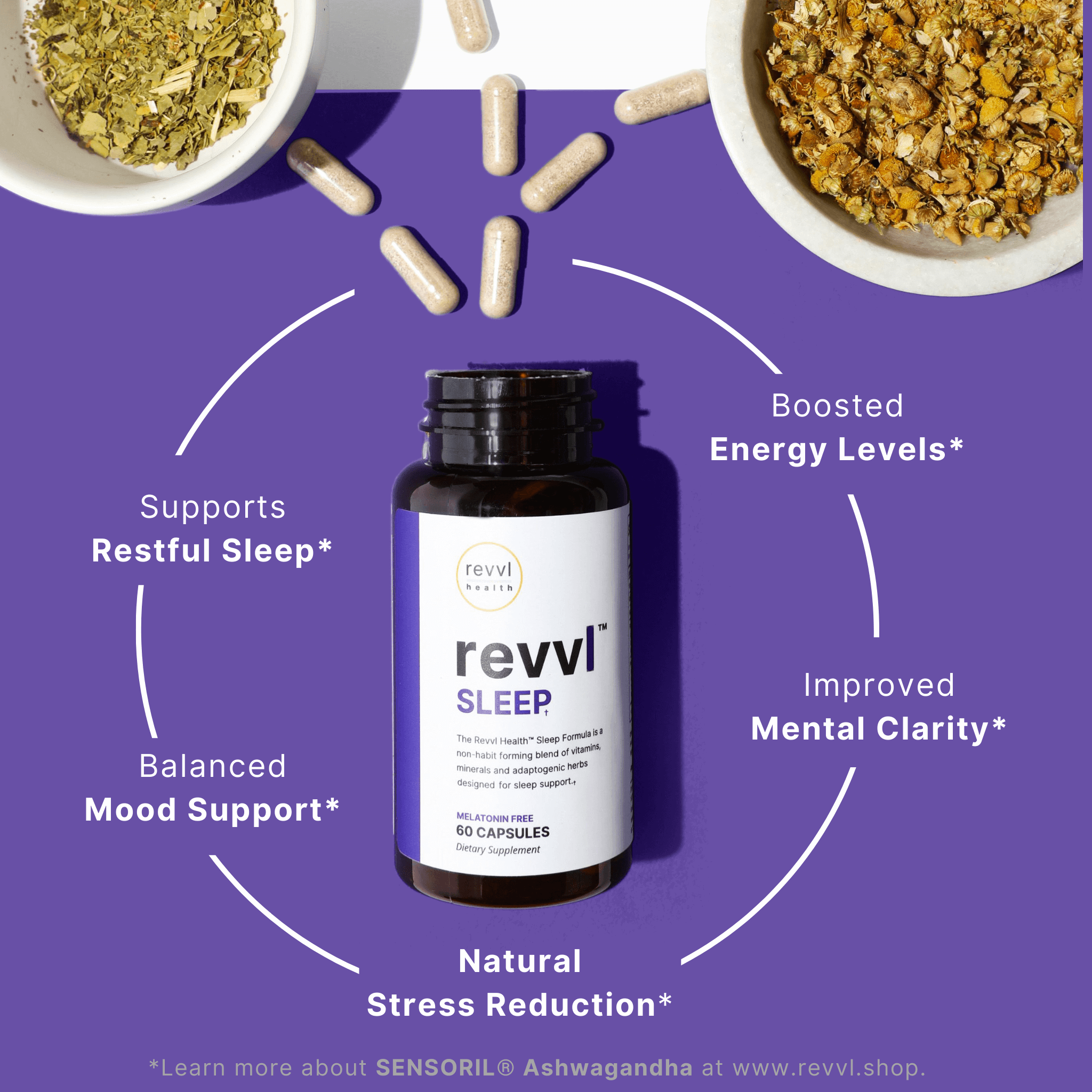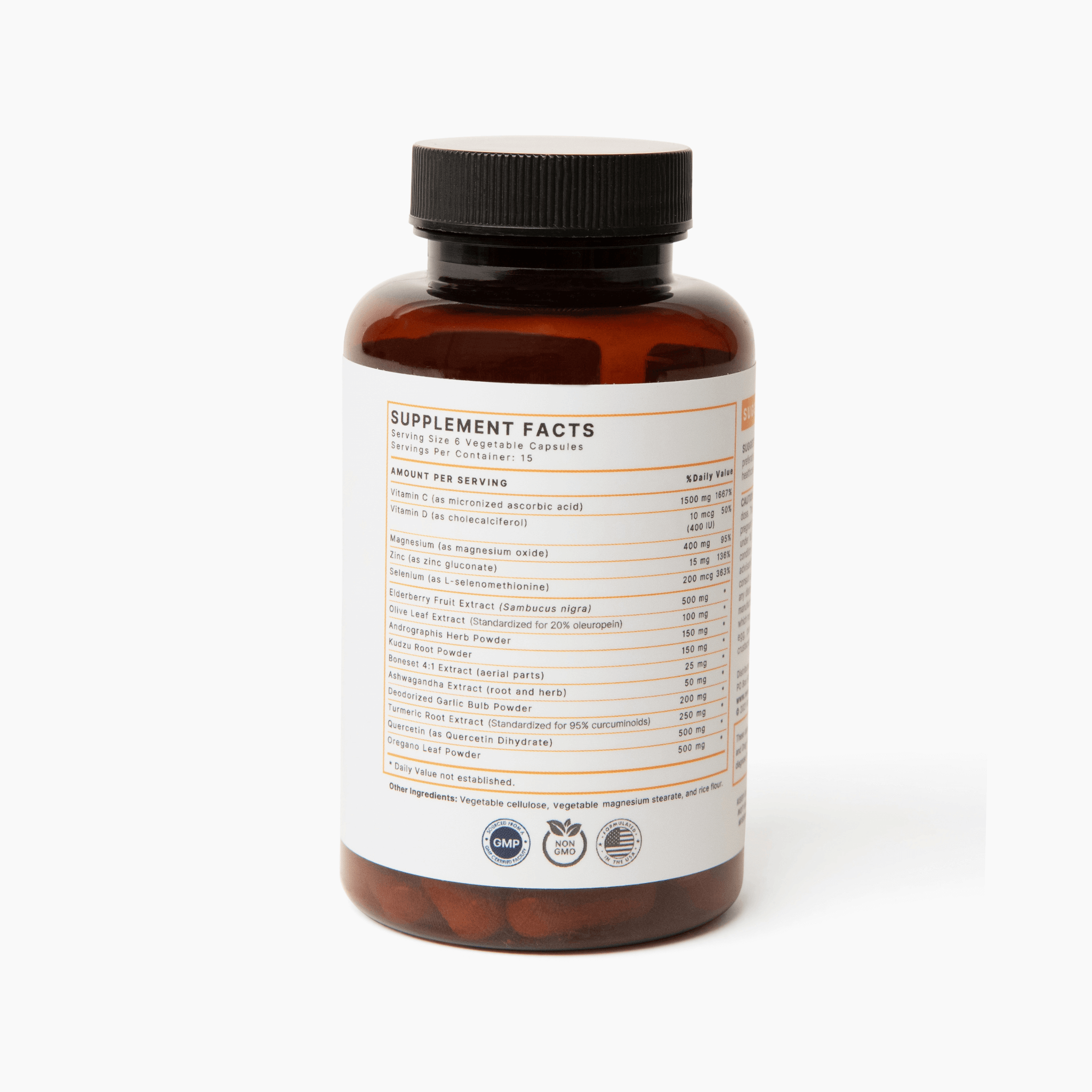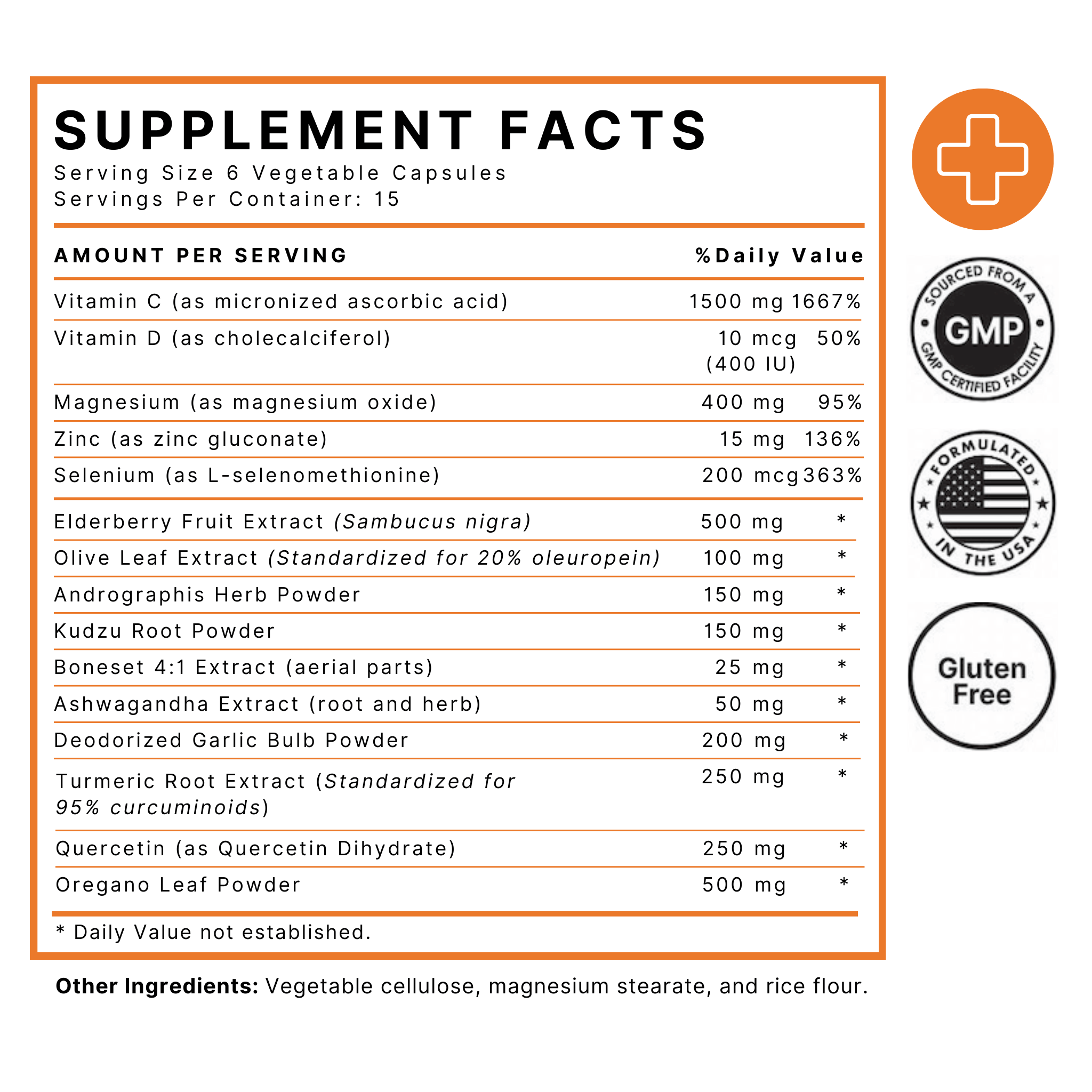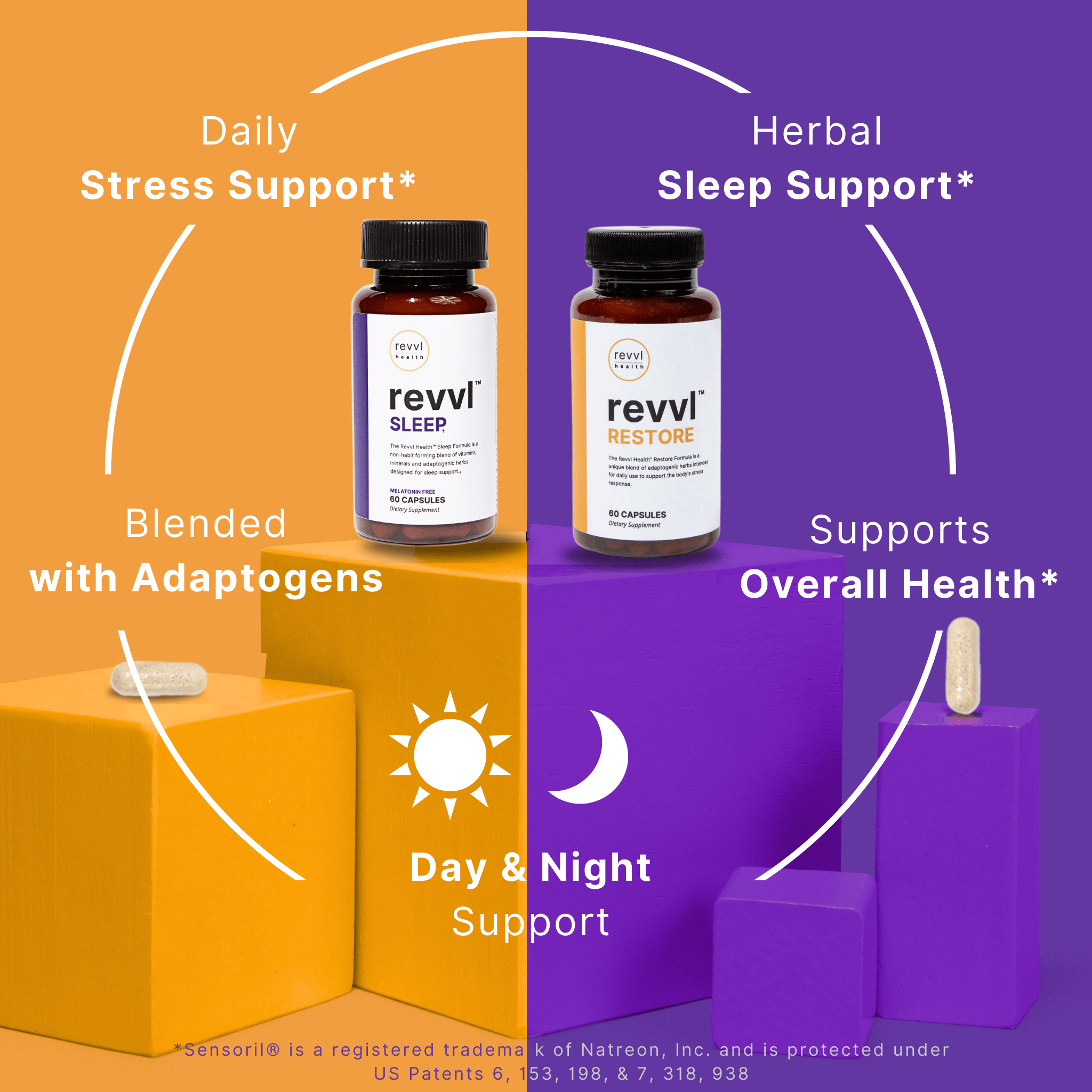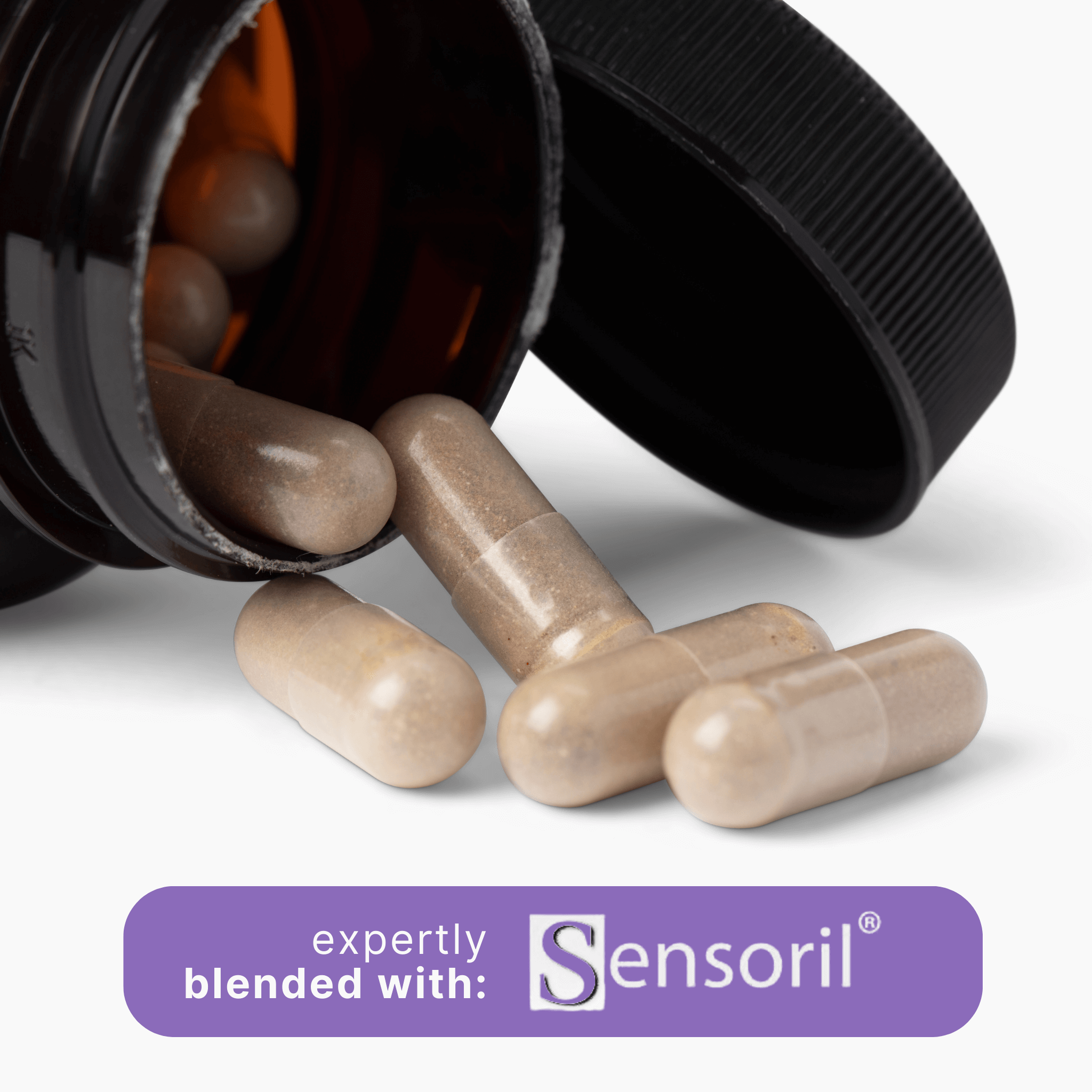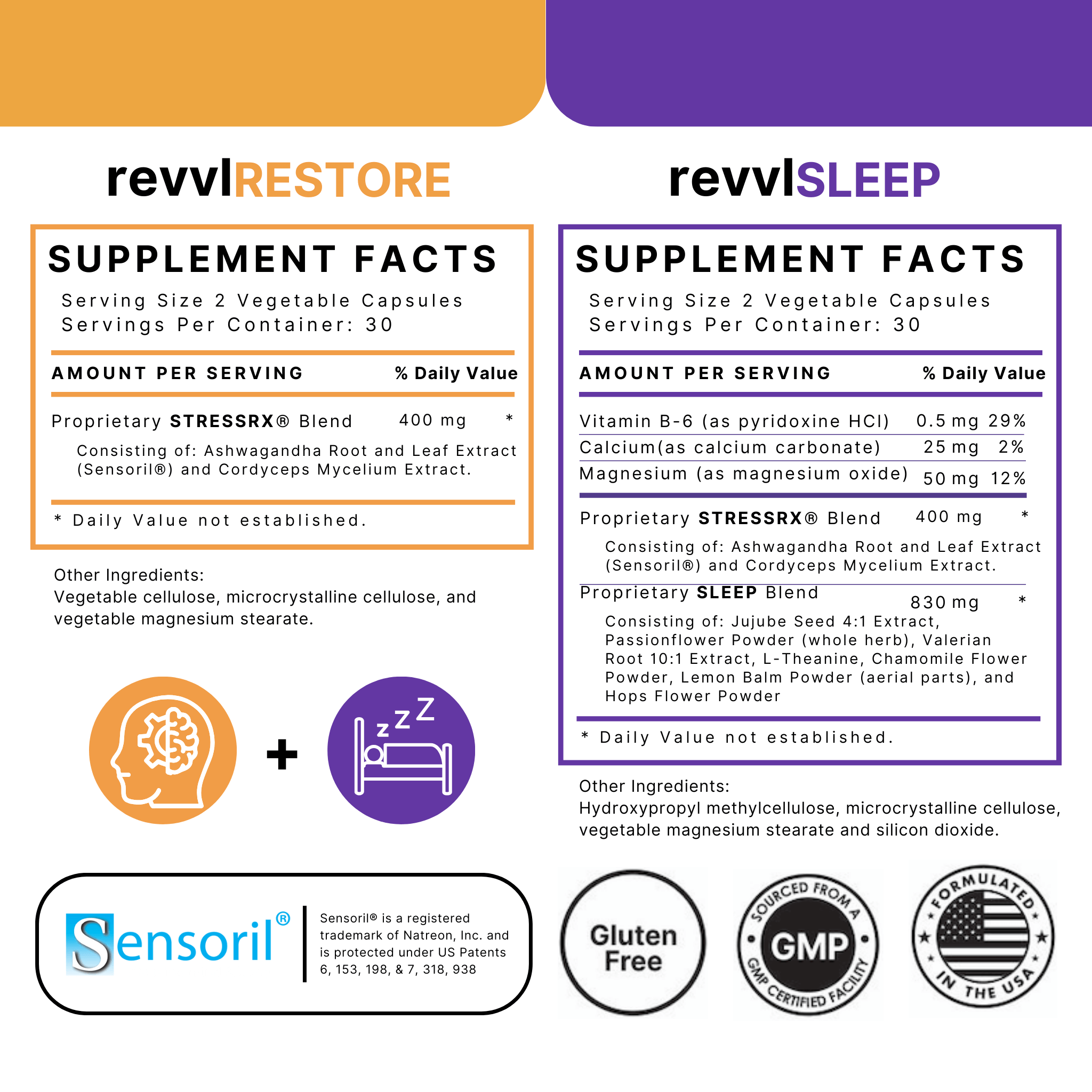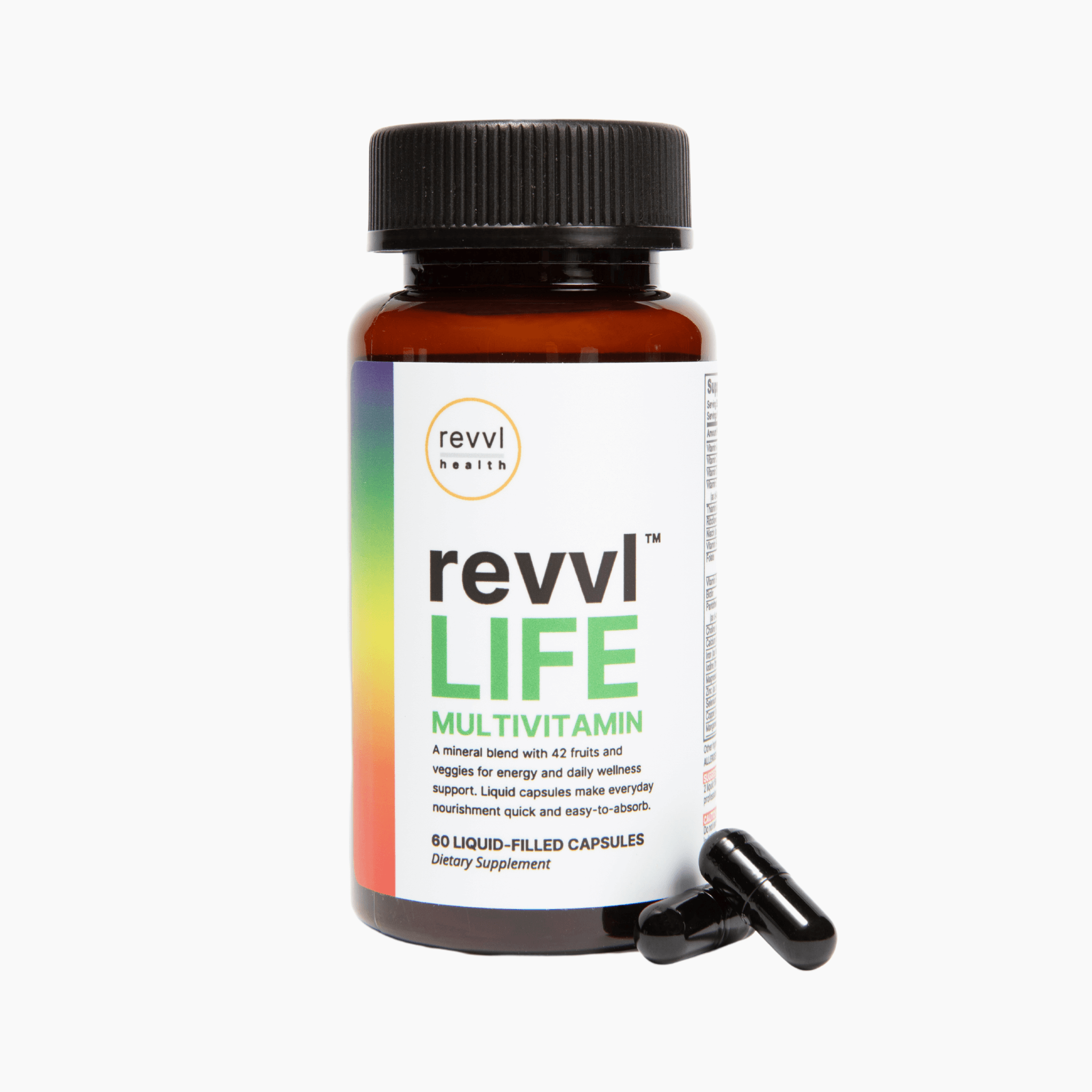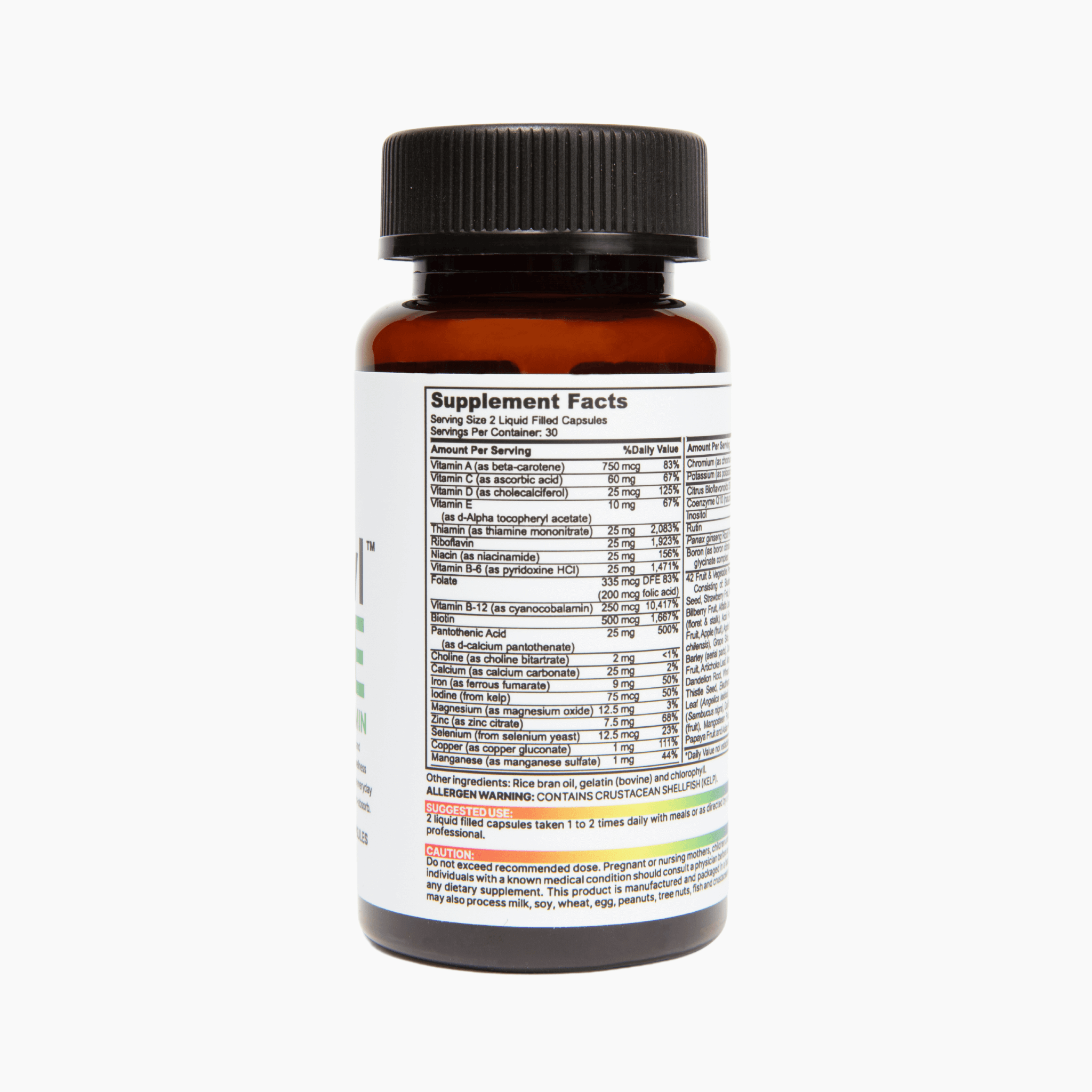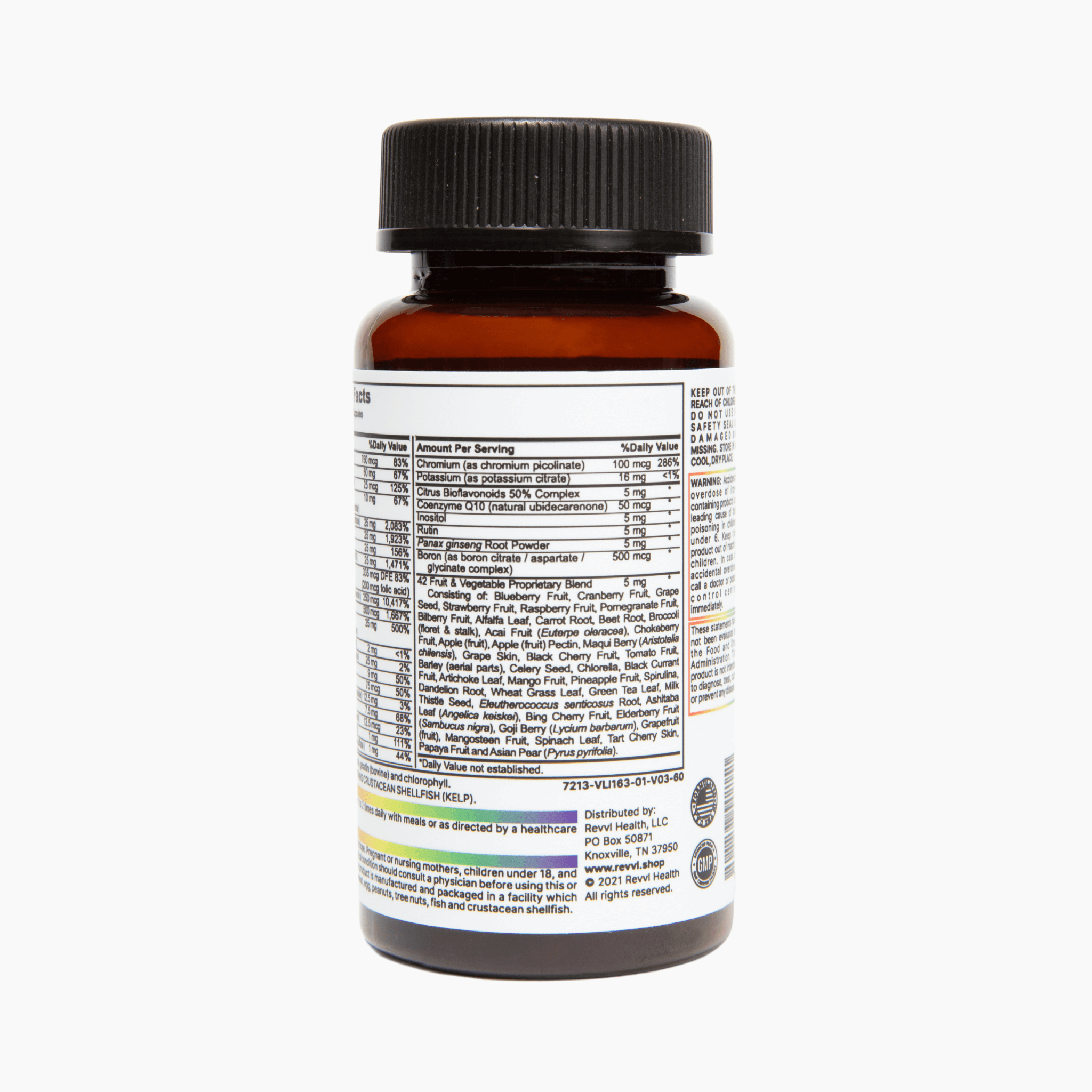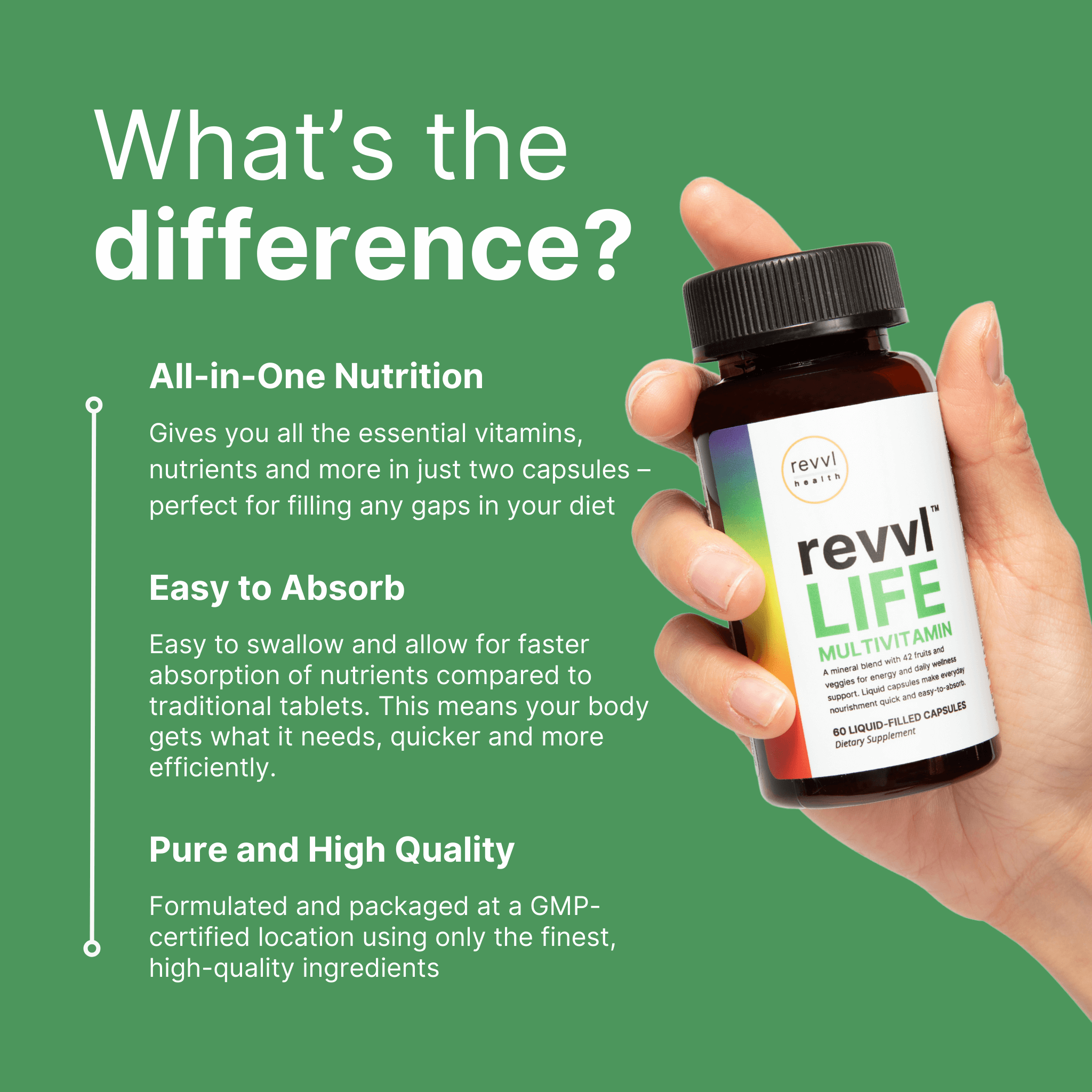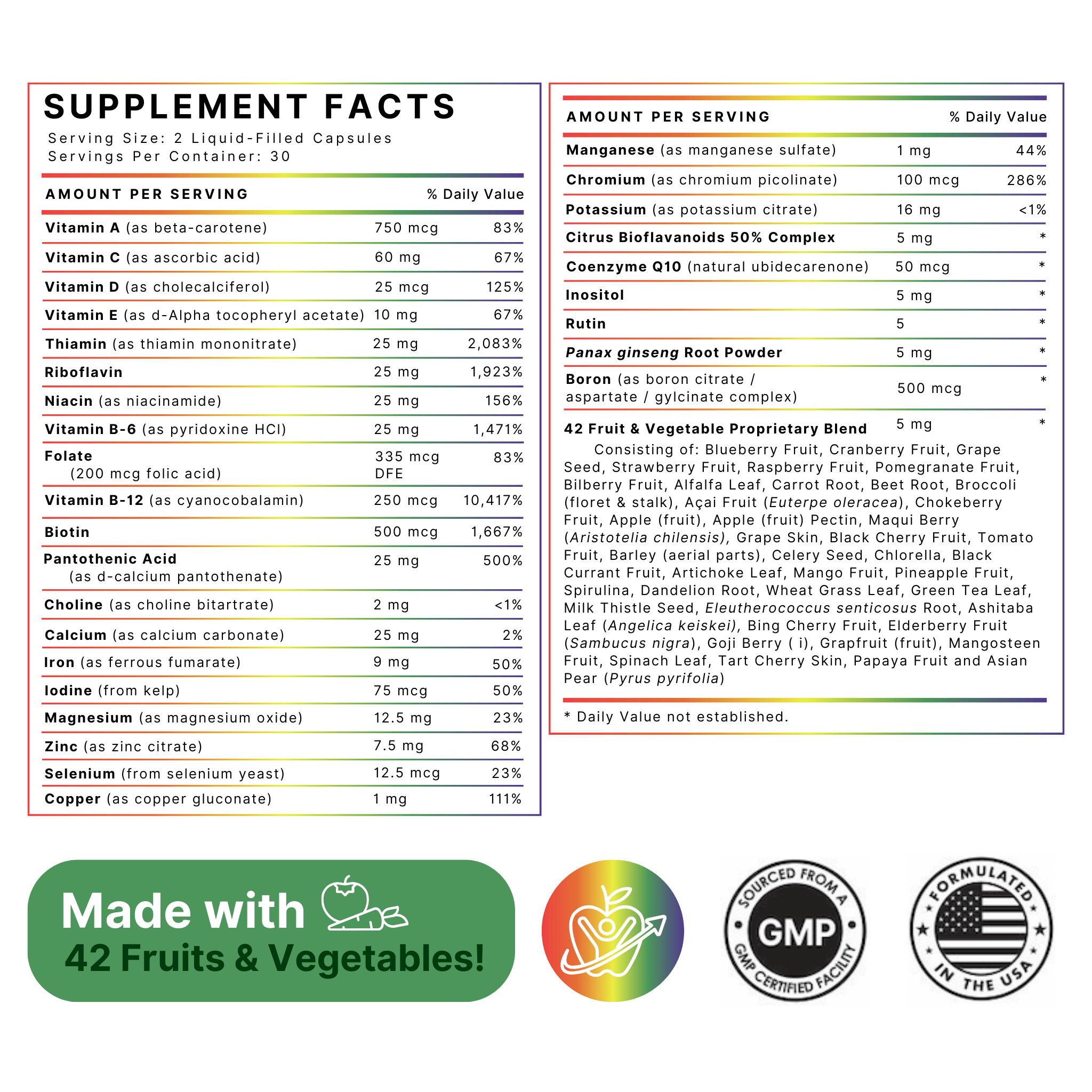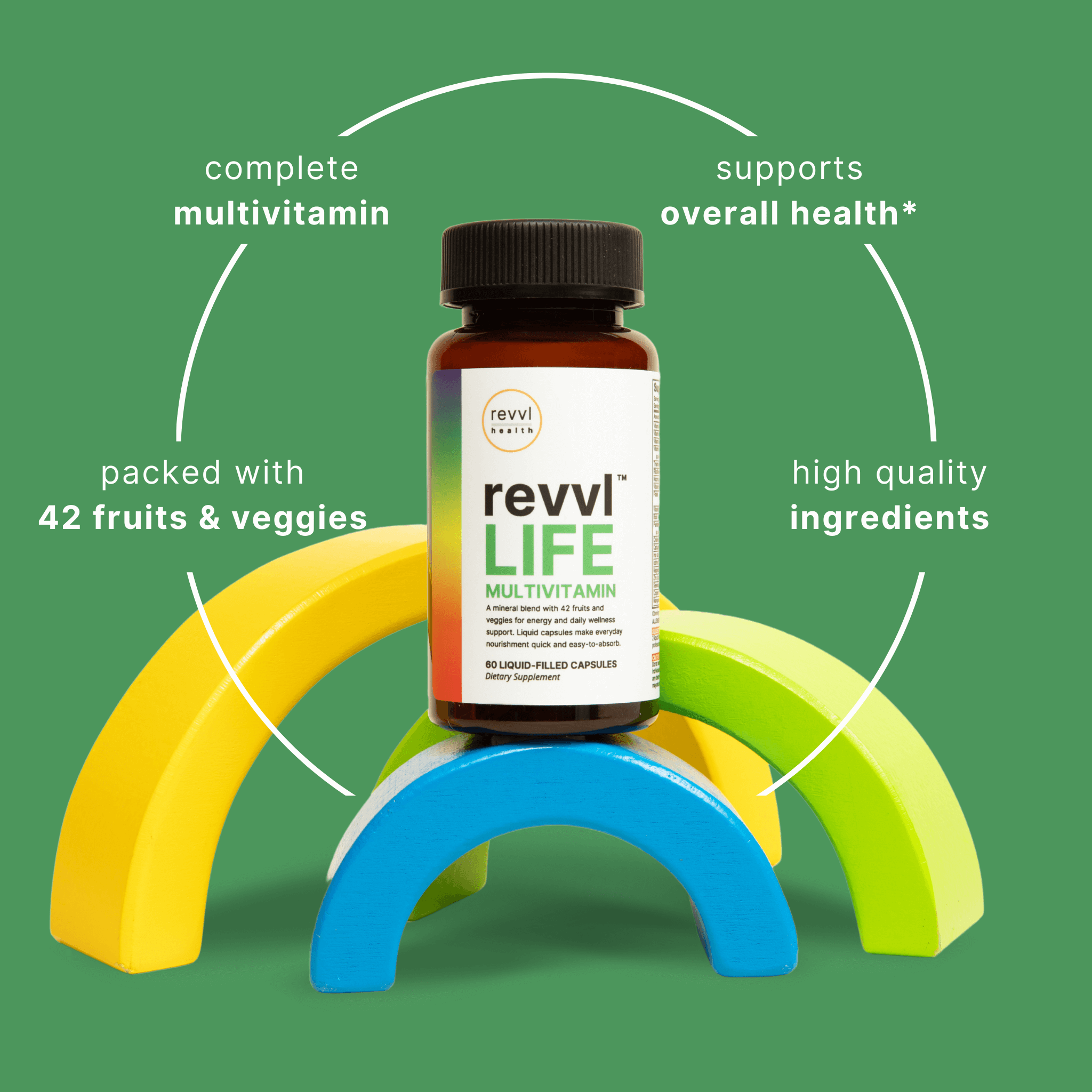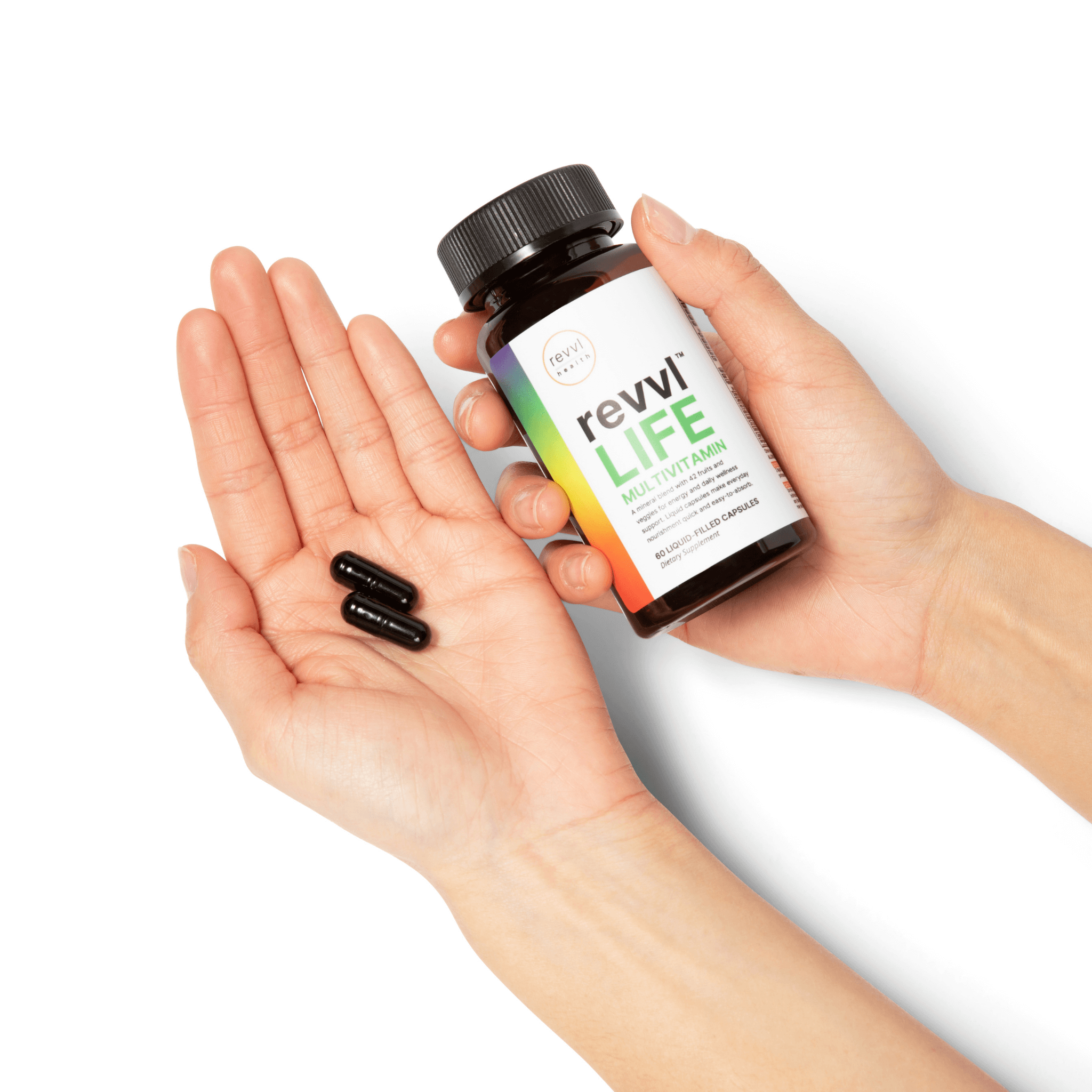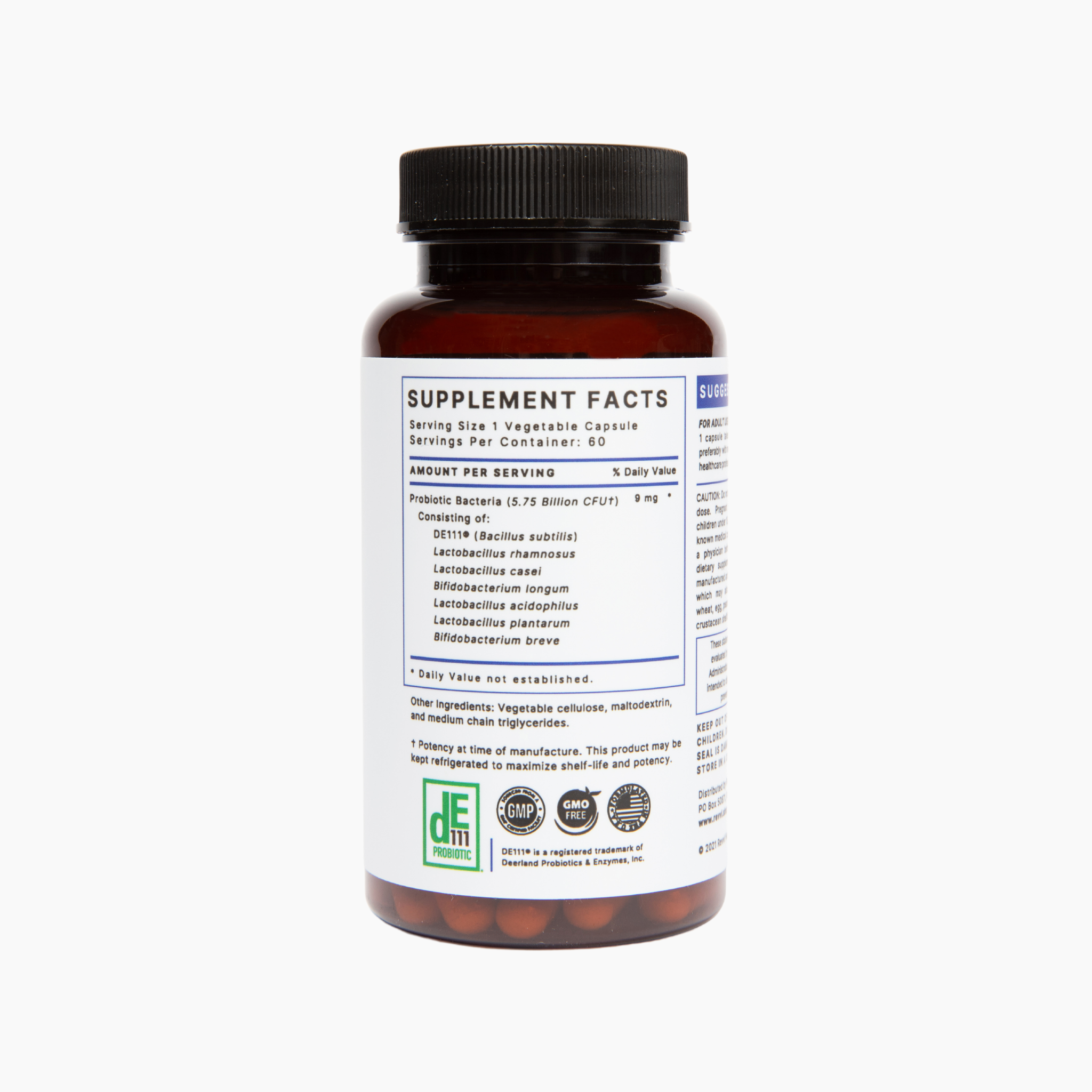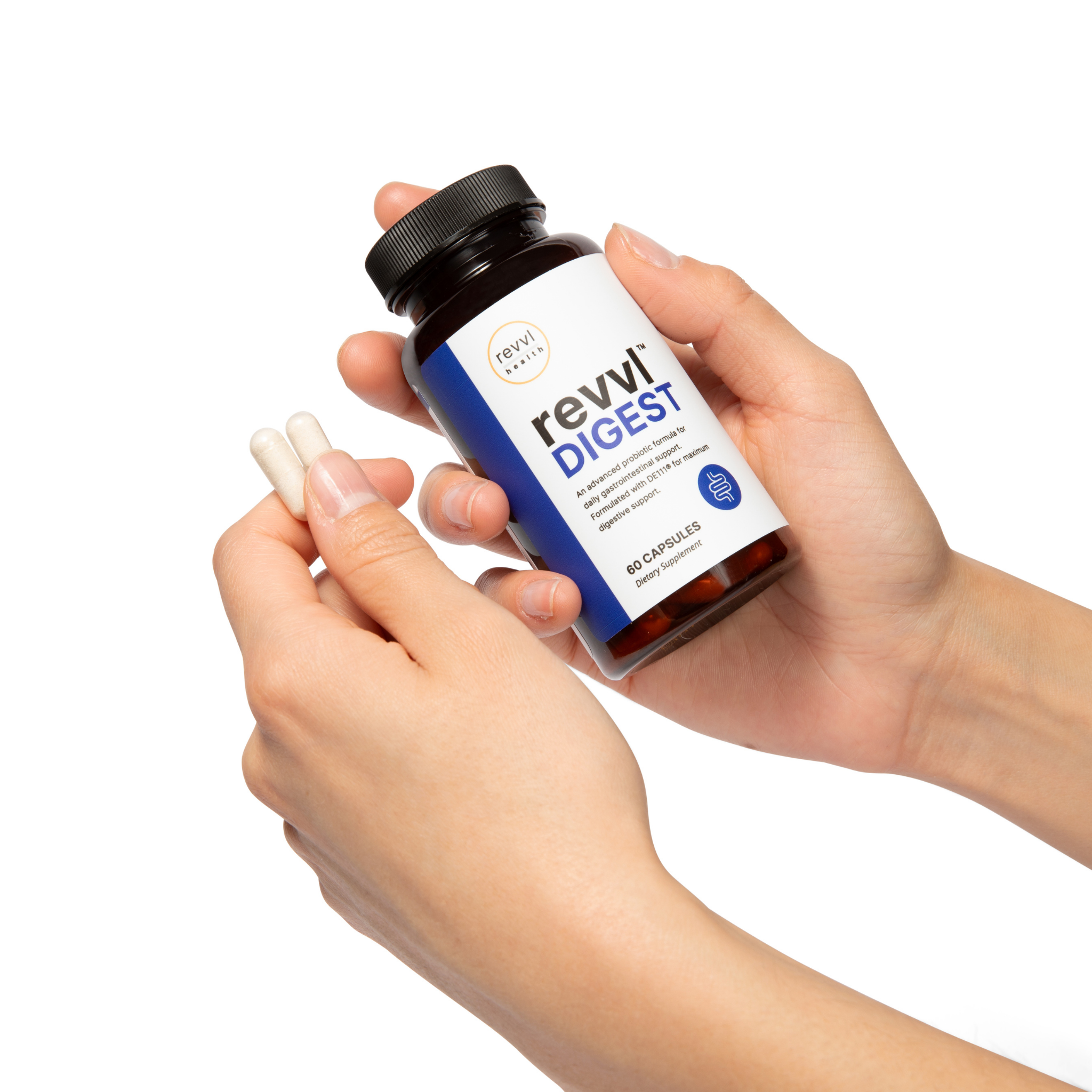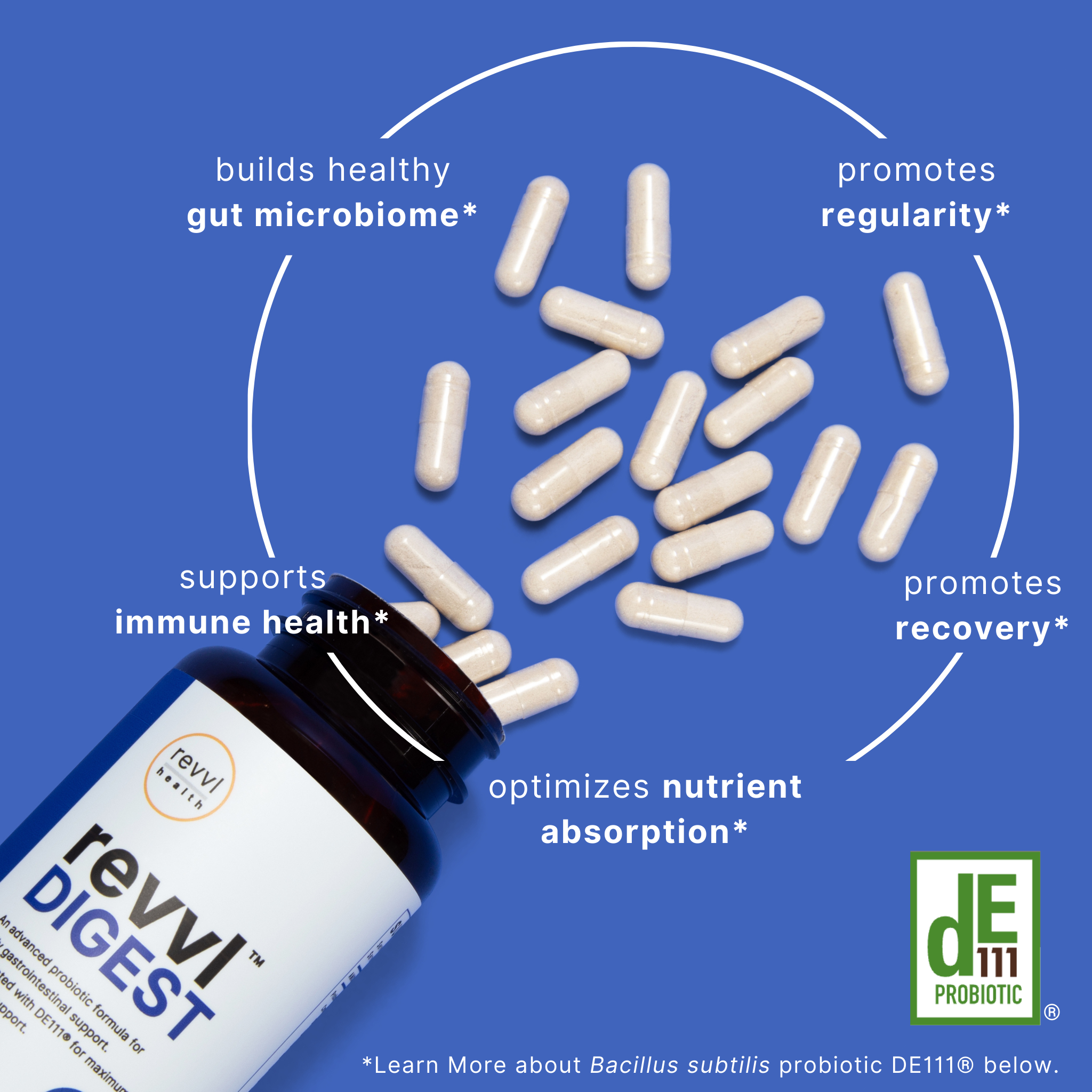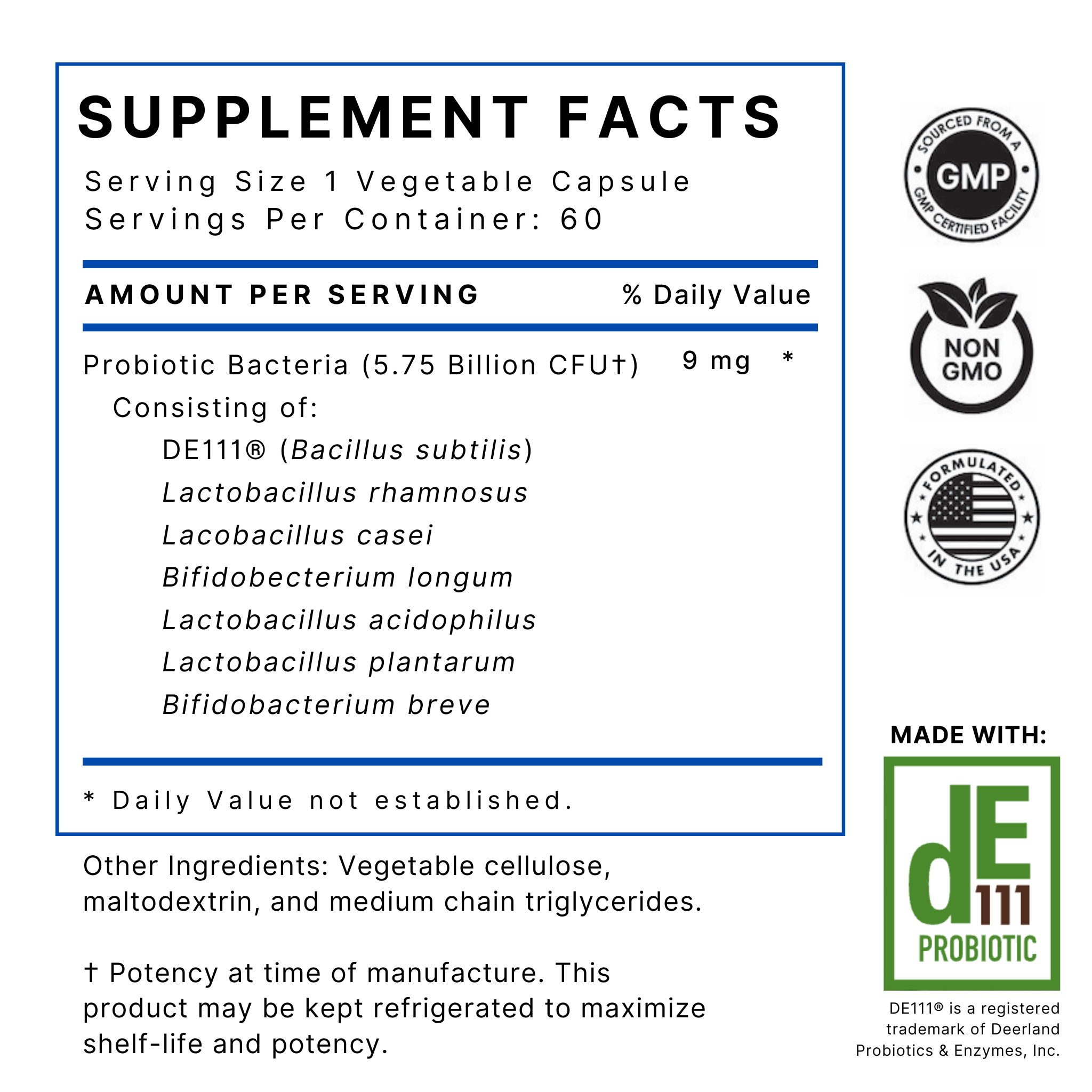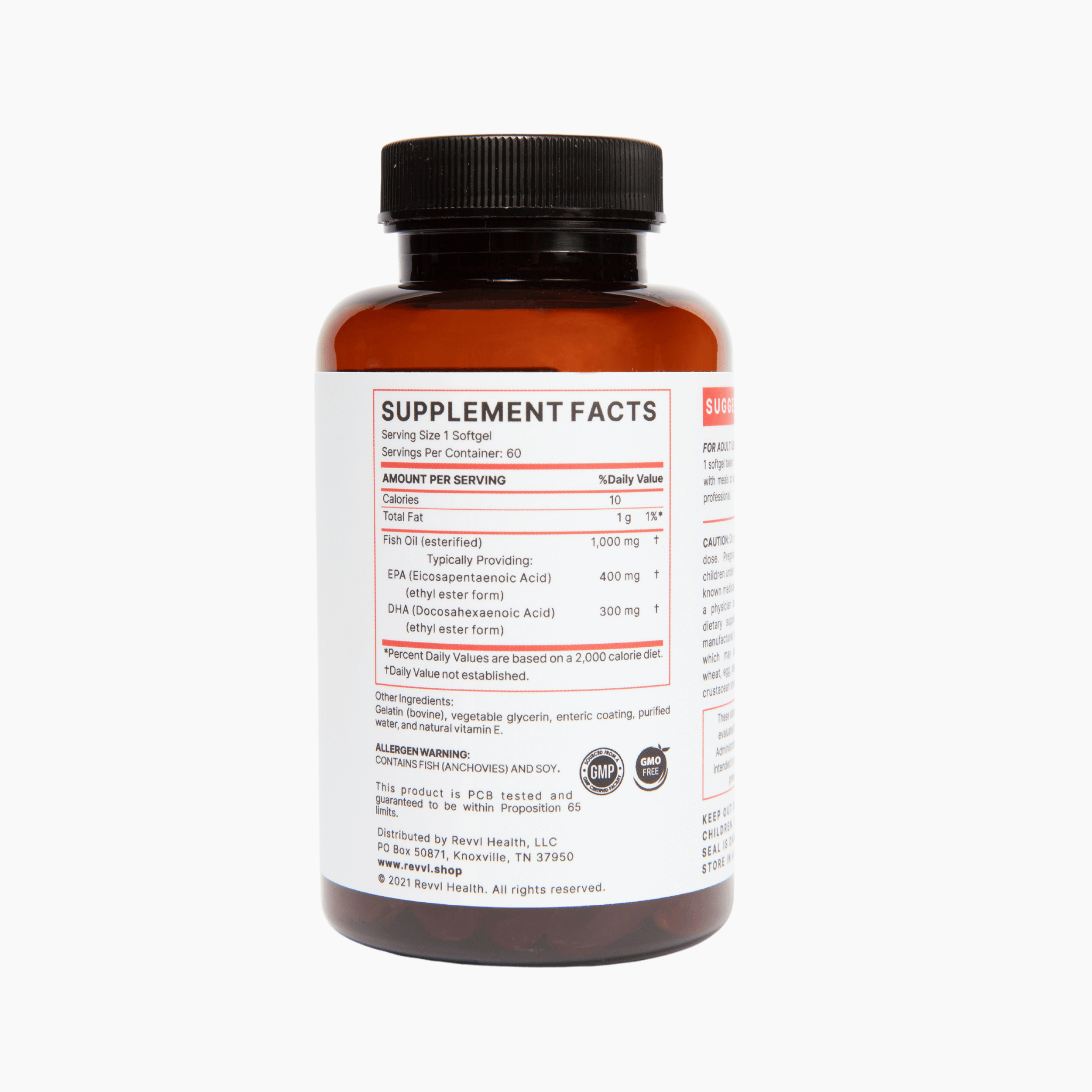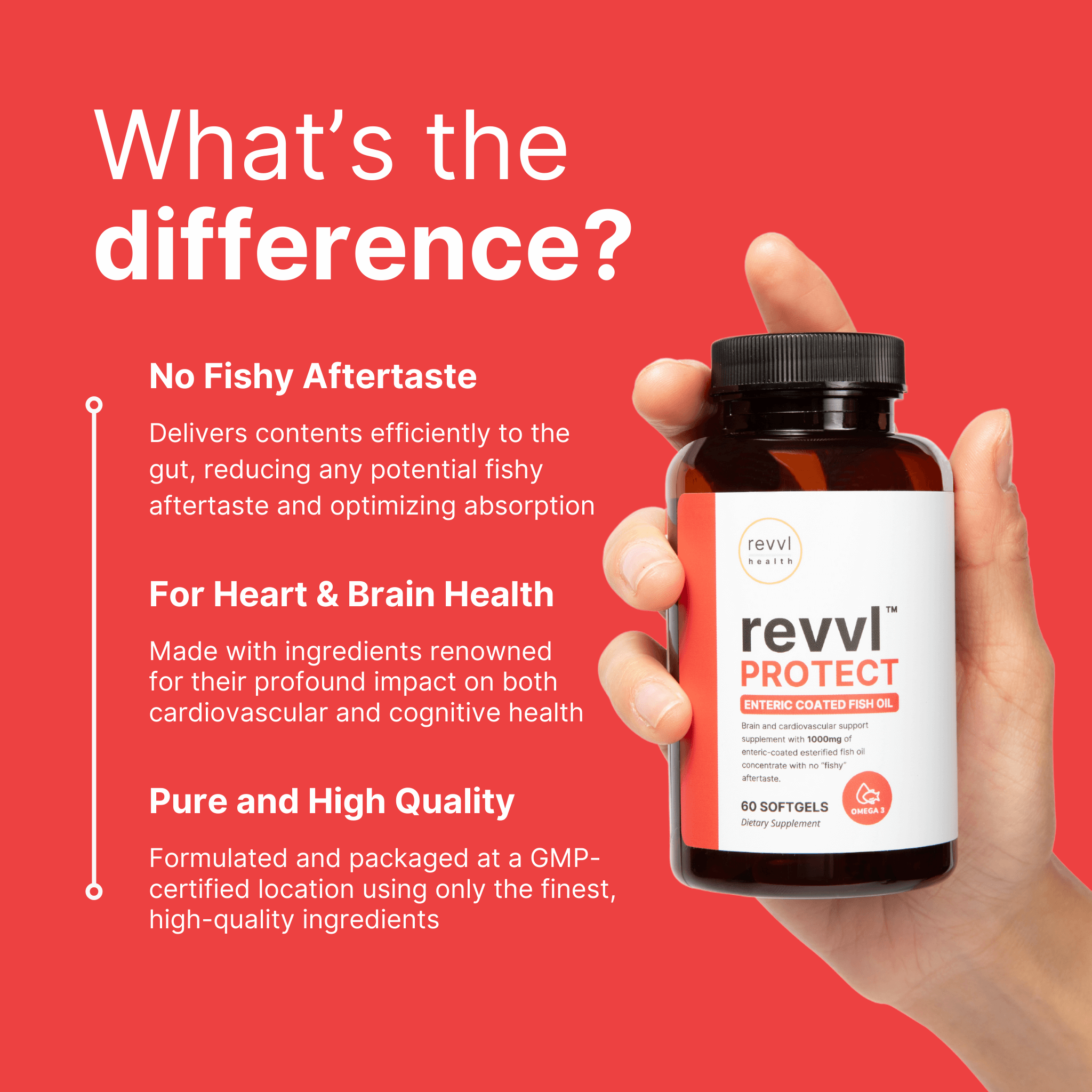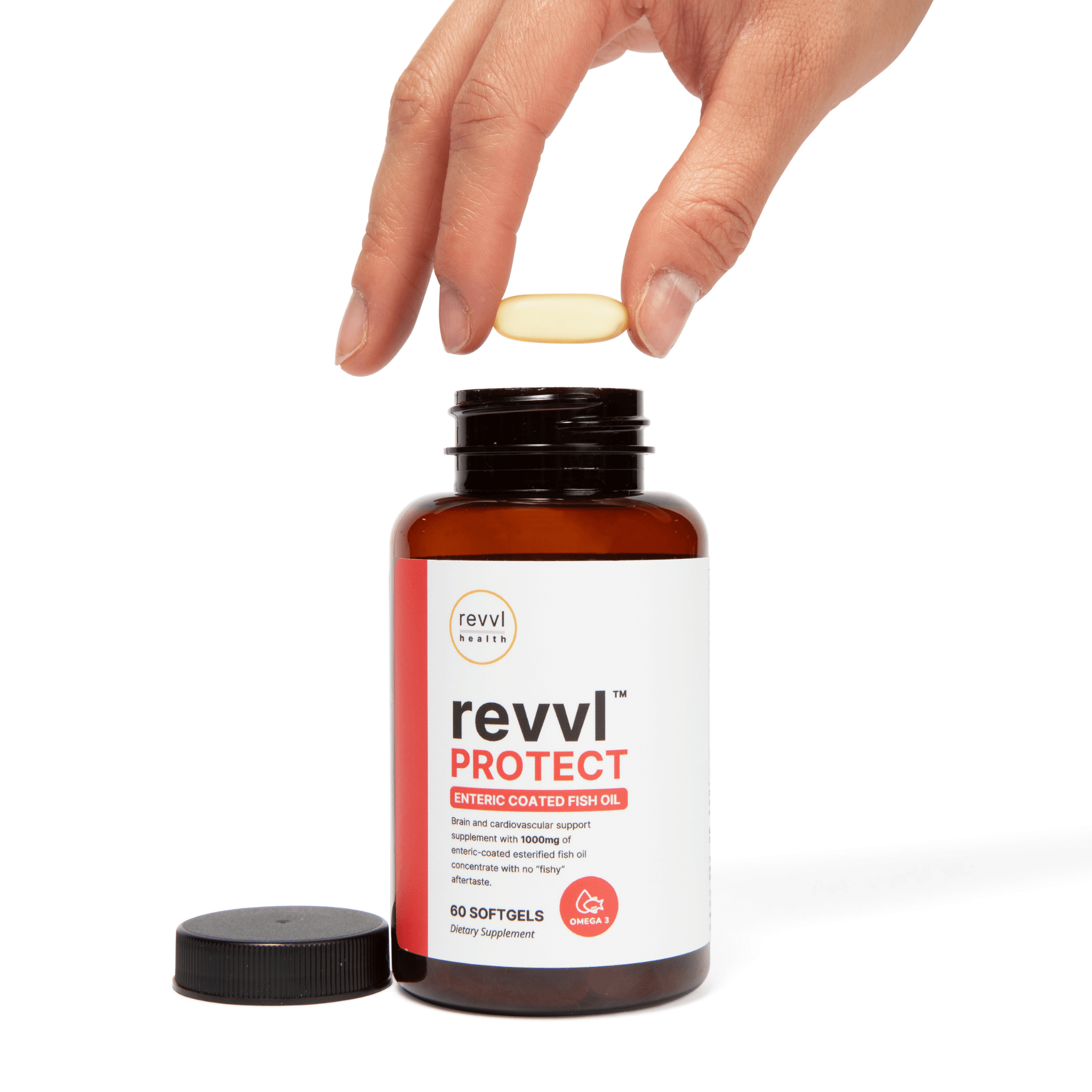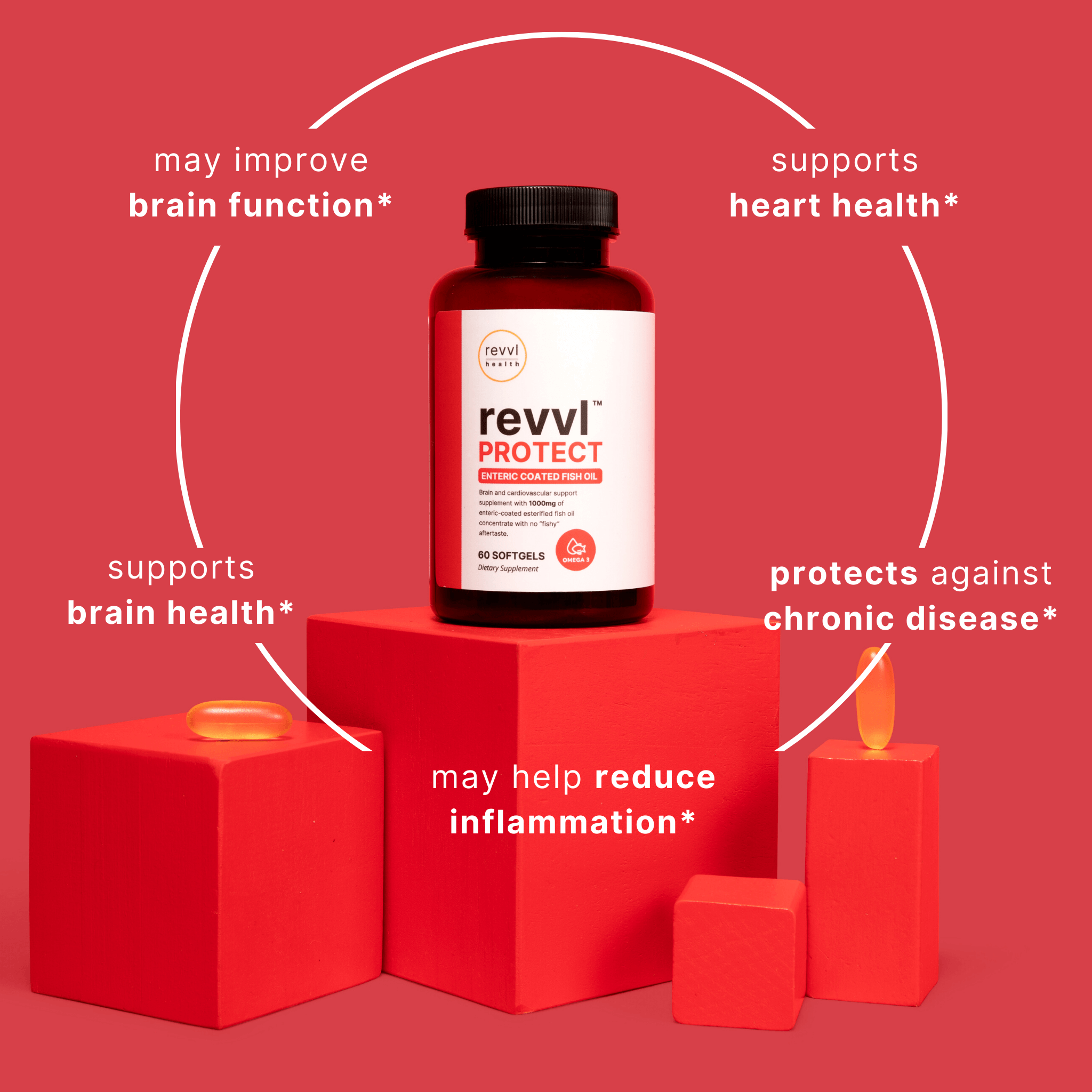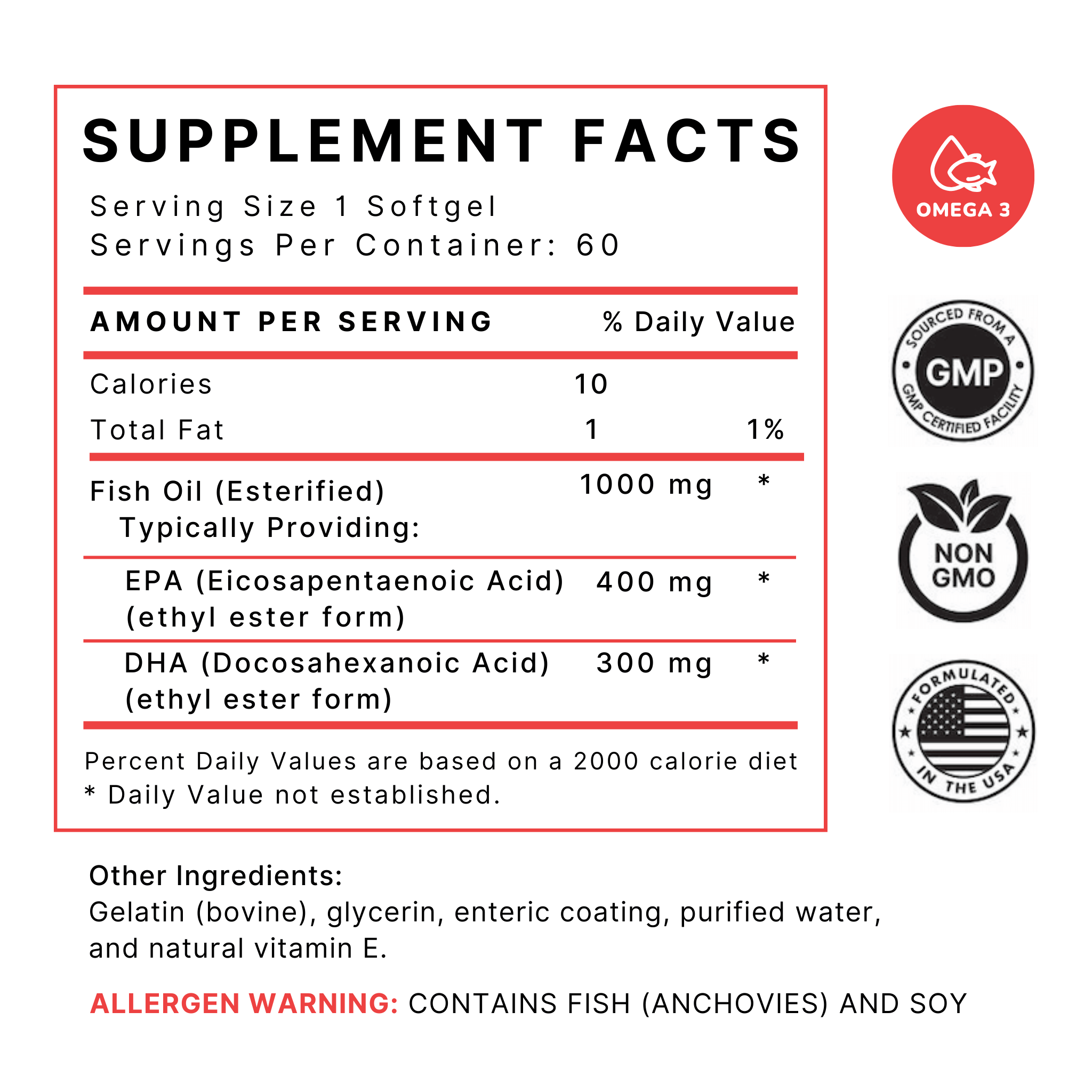Stress isn't always easy to recognize, especially when it's experienced over an extended period. Although the symptoms will vary from person to person, here are the three most common types of stress that many people encounter on a daily basis.
What Exactly Is Stress?
Stress is a normal, healthy human response to a challenging situation. When you experience challenging changes or new stressors, your body releases physical and mental responses we refer to as stress.
It is essential to be aware of your body's natural reactions to stress; in some instances, it helps keep you alert, motivated, and able to handle challenges better. If you have an important meeting, your body might respond with motivation to work harder and stay alert longer as you prepare.
But stress becomes a problem when the body cannot return to its homeostatic balance. If the stressors never let up, and your body doesn't have periods of relief, it can lead to adverse effects.
The Body Under Stress
Your body's autonomic nervous system controls your heart rate, breathing, vision changes, and more. Its built-in stress response, called the "fight-or-flight response," helps manage stressful situations. In the moment, acute stress can lead to increased blood pressure, elevated heart rate, dilated pupils, and a sense of irritability.
A person with long-term (chronic) stress develops physical, emotional, and behavioral symptoms due to the constant activation of the stress response.
Over time, traumatic or chronic stress can cause more severe physical symptoms like inflammation or ulcers in the stomach lining or mental-emotional symptoms such as insomnia, flashbacks, depression, anxiety, or panic attacks.
Let’s take a quick look at the three categories of stress, shall we?
#1 Acute Stress
Acute stress happens throughout a single event or during a very short time, as might happen in the case of a car accident, preparing for a work presentation, or delivering bad news to someone. If acute stress lasts longer than one month after a traumatic event, this is often considered by professionals to be Acute Stress Disorder (ASD).
Common symptoms of acute stress include:
- heart palpitations
- stomach pain or indigestion
- sweating
- chest pain
- shortness of breath
- feeling lightheaded
- headaches
#2 Chronic Stress
Chronic stress is persistent. As with chronic pain or chronic illness, chronic stress can increase or decrease in severity but is relatively consistent in its presence.
Several explanations are possible, such as an unhealthy relationship in which arguments are regular or a strenuous and overbearing job that is too demanding.
Chronic stress can take a severe toll on the body over time, affecting physical and mental health. This specific type of stress often lead to many unwanted side effects and leads to a greatly reduced quality of life.
Common symptoms of chronic stress include:
- isolation or emotional withdrawal
- low energy
- aches and pains
- trouble sleeping
- trouble staying focused
- change in appetite
- immune system trouble
When you're undergoing a stress response, the body releases stress hormones. In general, this is useful, but when released without an immediate threat (especially consistently), it can result in other chronic health issues, such as diabetes and hypertension, as well as mental health conditions like addiction, depression, or anxiety.
#3 Traumatic Stress
In trauma, a stressful situation could be either acute or chronic, with potential implications for both types of stress.
If a traumatic event is an isolated incident, the psychological consequences (such as PTSD) or tangible consequences (such as separation from family) may persist for years.
Some things that cause ongoing stress are extreme poverty, lack of healthcare access, racism, ongoing relational or workplace abuse and discrimination. All these things are traumatic and chronic stressors.
Given that these causes are not solely external or personal but structural or systemic, some of the typical stress relief methods could help manage symptoms in some cases but may not help entirely.
The Bottom Line
A brief but contained response to stress is entirely natural and will likely subside on its own. Stress is a part of life we all face, but it doesn't have to affect your health.
If you feel like you are stuck in a stressful situation, don't despair. You have options. Whether it be exercise, drawing, counseling for trauma or taking an adaptogen, it is vital to prioritize self-care and learn what works best for you in managing life's stressors.
Resources & References:
American Psychological Association: Stress Effects on the Body
National Institute of Mental Health: Stress Fact Sheet






